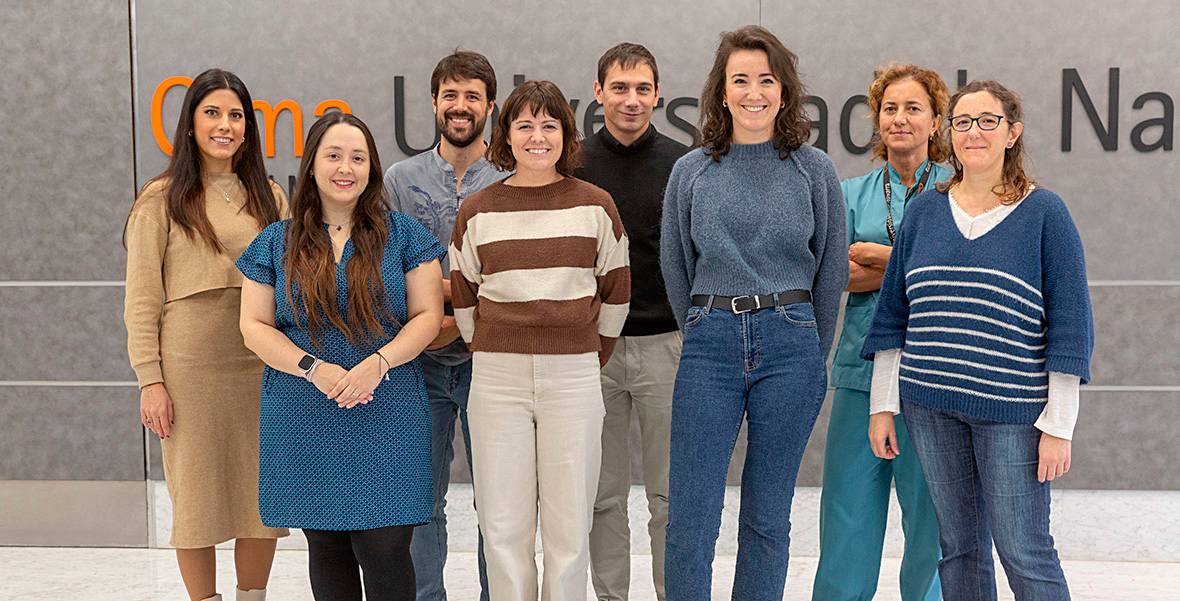Heart and vascular system are generated in animal models from stem cells
The research, carried out at Cima and the Clínica Universidad de Navarra, represents an advance towards the development of organs compatible with humans

January 5, 2024
Organ transplantation is the definitive treatment for a high percentage of diseases that have not responded to previous therapy. However, the shortage of donors is a major public health problem recognized worldwide.
Researchers at Cima and the Clínica Universidad de Navarra have implemented a technology that allows the generation of the heart and vascular system in mouse models from exogenous stem cells. These results represent an advance towards the development of organs compatible with humans.
"The generation of humanized organs in farm animals (such as pigs) from pluripotent stem cells is a promising approach to cover the clinical need for donors. Importantly, to obtain an organ that does not trigger rejection after transplantation, the replacement of both the cells of the organ and its vascular system must be achieved," explain Dr. Giulia Coppiello and Paula Barlabé, researchers in the Biomedical Engineering Program at Cima and first authors of the study.
Experimental incubator
"We used mouse embryos incapable of developing their cardiac and vascular systems, into which we introduced mouse stem cells. At birth, we obtained chimeras (organisms resulting from the union of genetically distinct cells) with a heart and vascular system derived from injected stem cells. Our study demonstrates that we can completely generate these organs from pluripotent stem cells, using the mouse as an incubator," says Dr. Xabier Aranguren, principal investigator of the Biomedical Engineering Program at Cima and director of the study.
Moreover, the scientists replicated the experimental study using rat stem cells in mice and demonstrated that the heart can be generated with stem cells from a different species than the embryo.
These results, published in the scientific journal Developmental Cell, present an advance towards a possible solution to the shortage of organs for transplantation. "In the long term, this technology could be used to generate human hearts in animals such as pigs, which could be used for transplantation or as models of human diseases. Nevertheless, research has a long way to go to resolve possible incompatibilities between species," conclude the Cima scientists.
The work has been funded by the Ministry of Science and Innovation and the Government of Navarra, through the Bioheart Strategic Project.